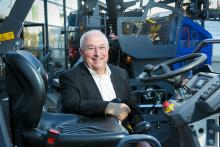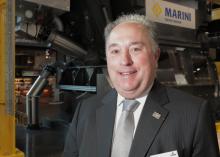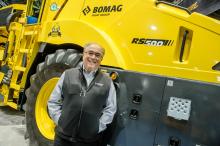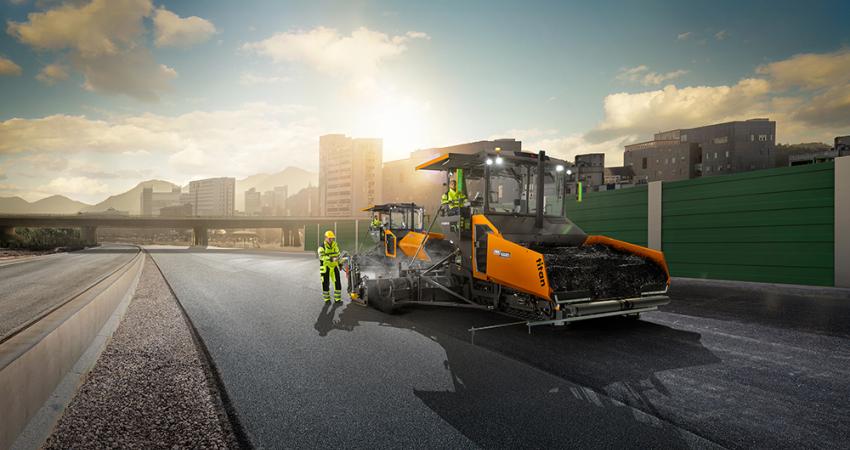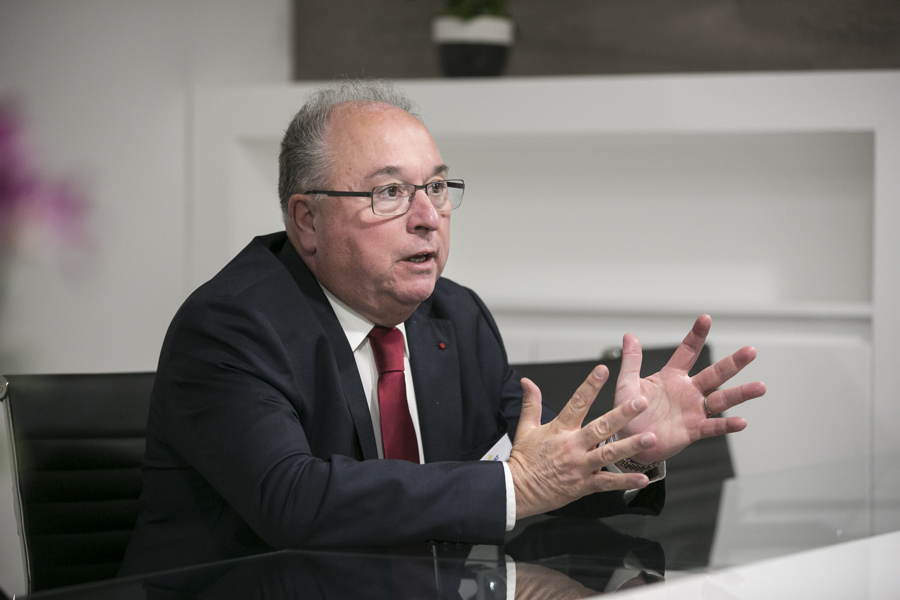
The Intermat show in Paris has also been good, with visitor numbers and customer enquiries noticeably up for 2018 compared with the show three years ago. He commented that visitors have also had a strong international profile and said: “Intermat is not just a French show as 40% of the visitors are not from France.”
Some geographical areas around the world are performing particularly well for Fayat’s construction machine business and he said: “The main markets, Asia, Europe and America are good.”
Although the Chinese market is far from the peak it saw some years ago, the growth rate is now steady while Fayat is also confident that European construction development will continue. He explained: “China is still good. I don’t expect a quick decline in Europe. The market at the moment is good, but we all know that there are cycles in this industry.” And he did question how long the strong US economy will last as it has now had around eight years of growth: “This is one of the longest growth periods in the US since World War Two. Eight successive years of growth is unusual.”
“The Middle East is still struggling,” he went on. “Russia is better now than it was three years ago but still not as good as in 2008.”
Overall though, construction confidence is strong worldwide, which is helping to boost orders and sales. As with other machine manufacturers in the market, this is causing some problems for various businesses in Fayat’s construction machinery division as suppliers are pressed to provide certain components, resulting in delays in providing some machines to customers. He said: “We are all under pressure to supply customers. After the crisis of 2009 everyone is very careful with inventory, so everyone is struggling with suppliers.”
And he said that despite the challenges with component supplies, he much prefers the present situation with its strong order books to one in which sales are low.
The integration of the Dynapac business is well underway. Fayat said: “It’s in progress and we’ve done quite a lot. We created the dual brand process but we also use the synergies between the two firms.”
He pointed out that even prior to Fayat’s acquisition of the Dynapac brand, there was a partnership agreement over the material transfer vehicle (MTV). The Dynapac unit was also badged as a BOMAG and Fayat said: “Our intention is to do that with other products.”
One of the biggest challenges was setting up a new sales and service operation, as this had been deeply integrated within Atlas Copco: “That was a big job to do. It took a lot of time.” He added that the firm also had to raise the profile of the Dynapac brand again, something that is also now providing positive sales results for the range.
Looking ahead, he said that the Fayat Group is considering the potential for electric and hybrid products for certain markets. BOMAG did develop a hybrid compactor prototype some years ago but Fayat believes that this was slightly ahead of its time. However, with interest now increasing in electric and hybrid powertrains, Fayat thinks that the time is now right for this technology. And he added that various projects to develop models are underway within the group at present. He said: “We’re working on that and very soon we’ll show electric and hybrid machines.”
With the current generation of low emission engines, diesels are now very clean in use and he said that reducing noise and fuel consumption are of more interest. He said: “For machines working in cities it makes sense in reducing noise pollution. It’s not a question of engine emissions, it’s more a question of working noise.”

